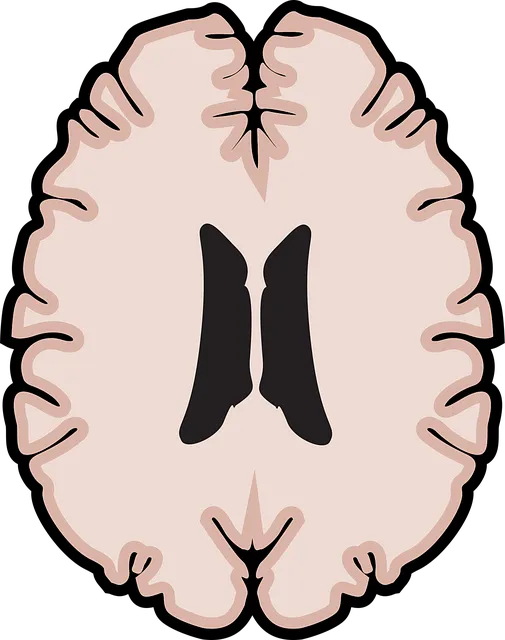Mental Health Crisis Hotlines, like those offered by Kaiser in Longmont, provide 24/7 support and connections to long-term solutions for severe emotional distress. These hotlines, coupled with comprehensive care from Kaiser, include trauma support and social skills training, ensuring diverse needs are met. Residents can easily access therapists and counselors through the mental health hotline, empowering them with resilience and improved quality of life. To maximize benefits, preparation like noting feelings and recent stressors is recommended, and self-awareness exercises can enhance hotline interactions. Beyond traditional therapy, community organizations offer tailored programs, enhancing connections and positive thinking, addressing "Longmont does Kaiser cover mental health therapy" comprehensively.
In today’s fast-paced world, mental health crisis hotline support services are an essential safety net for individuals grappling with emotional turmoil. This article delves into the critical role these hotlines play in communities like Longmont, focusing on understanding their function and exploring options such as Kaiser’s coverage for mental health therapy. We’ll guide you through accessing these services and provide insights into alternative support available in Longmont to ensure help is readily accessible when needed.
- Understanding Mental Health Crisis Hotlines
- Longmont's Kaiser Coverage for Mental Health Therapy
- How to Access and Utilize These Services
- Exploring Alternative Support Options in Longmont
Understanding Mental Health Crisis Hotlines

Mental Health Crisis Hotlines are essential resources for individuals facing severe emotional distress or a mental health emergency. These 24/7 services provide immediate support and guidance, often serving as the first point of contact for those in need. They offer confidential conversations with trained professionals who can assess the situation, provide crisis intervention, and connect callers to suitable long-term solutions. In Longmont, Kaiser’s mental health therapy services are designed to cater to diverse needs, including trauma support and social skills training, ensuring comprehensive care.
Understanding these hotlines is crucial for fostering mental wellness coaching programs development. By recognizing the signs of a crisis and knowing how to access these resources, individuals can receive timely help, preventing escalation. This accessibility is vital, especially in areas like Longmont where various support services are available, each catering to different aspects of mental health care, from initial intervention to ongoing therapy and skill-building programs such as social skills training.
Longmont's Kaiser Coverage for Mental Health Therapy

In Longmont, Kaiser Coverage offers a safety net for individuals seeking mental health therapy. The network includes a range of qualified professionals who provide support tailored to unique needs. This comprehensive care ensures accessibility to services that address not just symptoms but also promote emotional intelligence and coping skills development.
Kaiser’s mental health hotline facilitates easy connections to therapists and counselors, enabling individuals to access evidence-based treatments. These services cater to various challenges, from stress management to more severe conditions. By prioritizing emotional regulation, Kaiser Coverage empowers Longmont residents to navigate their mental health journeys with increased resilience and improved quality of life.
How to Access and Utilize These Services

Accessing mental health crisis hotline support services is a vital step towards managing and overcoming challenging emotions or situations. In Longmont, individuals seeking assistance can dial a dedicated hotline number to connect with trained professionals. These services are often available 24/7, ensuring support whenever needed. The process typically involves sharing personal details and describing the nature of the crisis, be it related to depression, anxiety, stress, or any other mental health concern.
To maximize the benefits, individuals can prepare by noting down their feelings, recent stressors, and specific questions they may have. Engaging in self-awareness exercises beforehand can help users articulate their needs more effectively. For instance, practicing mindfulness techniques or utilizing conflict resolution techniques learned through previous therapy sessions could facilitate productive conversations during the hotline interaction. Additionally, healthcare providers dealing with high-stress situations should consider burnout prevention strategies to ensure they are best equipped to offer support and guidance during these critical moments.
Exploring Alternative Support Options in Longmont

In Longmont, individuals facing mental health challenges have access to diverse support options beyond traditional therapy. While Kaiser’s coverage for mental health services is a significant resource, exploring alternative avenues can offer tailored solutions. For instance, community-based organizations provide programs like social skills training and support groups, fostering connections and promoting positive thinking among residents.
These initiatives complement professional therapy by addressing various aspects of mental wellness. Risk management planning for mental health professionals in Longmont is another crucial aspect, ensuring practitioners have the tools to navigate complex cases effectively. By combining these resources, individuals can receive comprehensive care, catering to their unique needs and fostering a healthier, more supportive community environment.
Mental health crisis hotline support services are invaluable resources for individuals facing immediate distress. In Longmont, understanding coverage options like Kaiser’s mental health therapy services is crucial. By knowing how to access and utilize these resources, residents can navigate through challenges with better care. Additionally, exploring alternative support options ensures a comprehensive network of help. Remember that seeking assistance is a sign of strength, and these services are designed to provide much-needed relief and guidance during crises.






